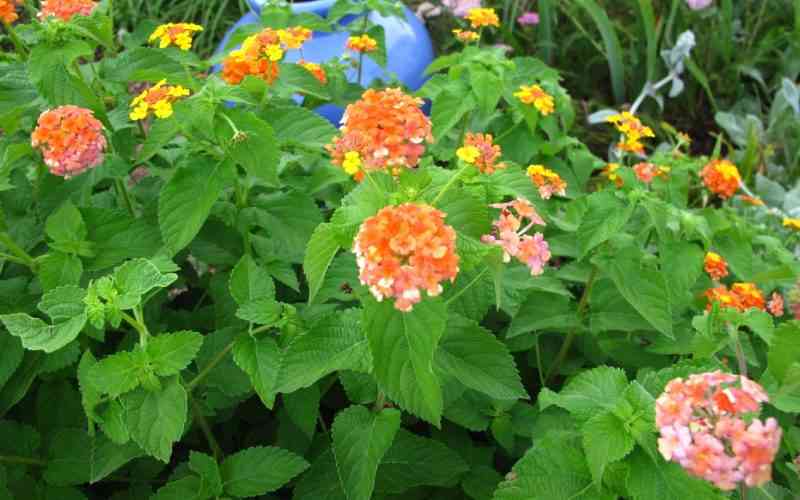
Dear Daktari, Thanks for your informative articles. I am a dairy farmer practising free ranging in Eldoret. Recently, I noticed bloody urine in two of my cows and I immediately called a vet. He examined the cows and insisted on walking round my farm. He told me my pasture was infiltrated with poisonous plants and the bloody urine was most likely attributed to the bracken ferns. I think it would be beneficial to educate my fellow farmers on this issue. [Sam Kipkemboi, Eldoret]
Thank you Mr Kipkemboi for your feedback. Yes, there are a number of plants that are poisonous to livestock when eaten. While some appear appetising to livestock in dry seasons, most sprout when it is raining alongside edible pastures and are consumed accidentally by cattle. In dry periods livestock are pushed into eating poisonous plants due to starvation. Animals sometimes feed on poisonous plants in search of variety.